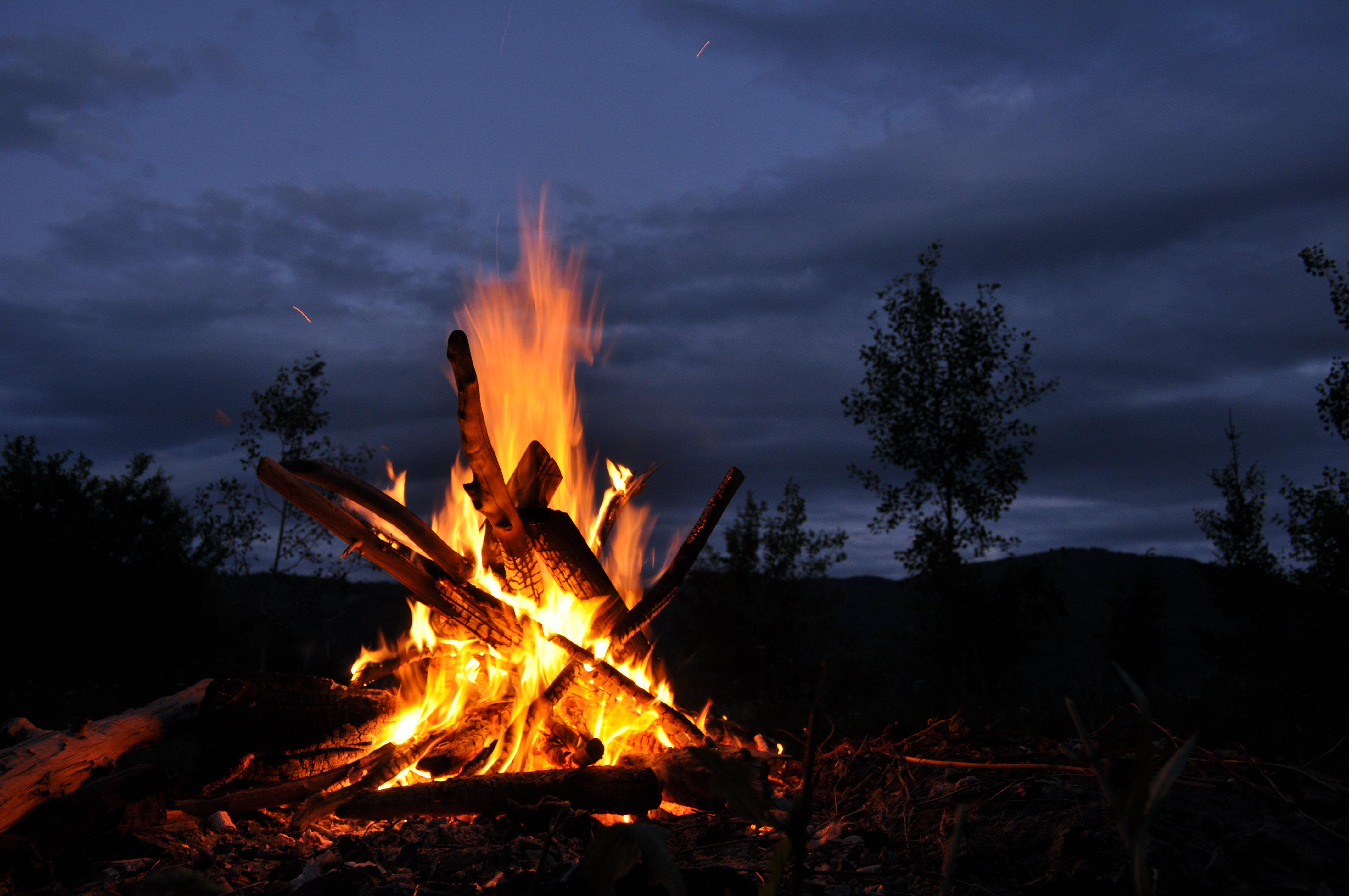
A bonfire in the garden is something many households enjoy – but it's important to know the rules around them.
It's always pretty obvious when bonfire night is round the corner. On the nights leading up to the 5th November, you're likely to hear impromptu fireworks displays and smell a little smoke in the breeze. The thought of staying warm with that glow – and enjoying a toffee apple or two – is both cosy and exciting for sure. However, this large, controlled outdoor fire comes with healthy and safety concerns that no household should ignore. Not to mention, a bonfire can be a nuisance to neighbours, and even more damaging to the environment if not tackled responsibly.
So if you're considering swapping out your best fire pit, or best chiminea, to light a bonfire in the garden instead this year, it's key to follow some key guidelines and regulations to not only stay safe, but also to avoid any tension with your neighbours – or hefty fines.
Can you have a bonfire in the garden?
Bonfire rules in the UK can be complicated by their vagueness. It's not illegal to light bonfires, and there are no official restrictions on when or how often they can be burned. The main concerns with bonfires in general however is safety, environmental damage – mainly from excessive smoke – any nuisance caused to neighbours or the public, and any danger to wildlife. It's key to prepare yourself correctly before even considering lighting a bonfire in the garden for your friends and family to enjoy.
'We can't stress enough how important it is to follow safety precautions for bonfires and fireworks,' say the experts at GardenBuildingsDirect. 'Anyone planning to have a personal bonfire or fireworks display should ensure they are far away from any homes or outbuildings in order to protect everyone’s safety, and avoid creating noise for neighbours, especially ones with animals!'
- Find more decorative winter garden ideas for the chilly season.
Dos and don'ts of having a bonfire at home
If you are the one lighting a bonfire in the garden, doing it correctly can prevent many of the problems associated with them, and help you avoid any complaints. Consider the following dos and dont's:
Do:
- Do time your bonfire correctly: While legally you can do this any time of day or night, it is common courtesy to plan your bonfire in a way that it finishes burning at dusk. Early morning and early evening are the best times for bonfires.
- Do consider placement: Ensure you keep yours away from any outer buildings, trees or outdoor furniture, be sure to give it plenty of room. 'Bonfire builders should ensure the fire is positioned away from sheds, fences, trees and other outbuildings.'
- Do let your neighbours know: While you can't always coordinate your bonfire around all your neighbours, letting them know you're planning to burn one will help them plan any washing they might have been planning on hanging out, or how they'll use their garden that day.
- Do be considerate of wildlife: Helping to protect hedgehogs and other garden residents is important in all seasons, but most especially around Bonfire night as they can be a big danger to the wildlife that lives in our garden. Ensure that the spot you choose to light your bonfire is away from leaf piles or anything that could in fact be a creature's home. 'Large mounds of leaves and dirt need to be avoided when picking a location for the fire, as these can often be hibernating homes for hedgehogs in the autumn months.'
- Do consider wind direction: Determining this before you light your bonfire in the garden could avoid unnecessary smoke in the neighbours garden, so do bear it in mind.
- Do take safety seriously: It goes without saying that children and pets should be supervised at all times, that you should keep a safe viewing distance, and that the person lighting the bonfire should wear all appropriate protective gear. Ensure you keep a water supply close by also, should you need to distinguish any flames and to spray down any remaining embers when your bonfire is drawing to a close. Be sure that your bonfire's flames have completely gone out before you walk away.
- Do stay vigilant: Pay attention at all times to ensure your bonfire is burning safely and to know if you need to act. 'If any bonfires appear to be getting out of control, back away from the fire and call 999 immediately. Request the Fire & Rescue Service.'
Don't:
- Don't burn wet or green matter: This will almost certainly cause excess smoke that will annoy your neighbours. Most councils collect green garden waste separately – or you can compost it. 'One tip is to try and bend any wood before throwing it into the fire. Any wood that bends rather than breaking is too moist and should not be used.'
- Don't burn or build your bonfire with straw, bark or hay: This is a fire hazard and prohibited by most councils.
- Do not burn rubber, oil, or plastic: This violates environmental protection laws. If it burns black, you shouldn't be burning it. Consider also any coatings that some wood may have, as wood covered in paint may cause safety concerns, due to the paint being potentially flammable.
- Do not use any fire accelerants: Using petrol, paraffin or other accelerants can too easily lead to a loss of control of the fire.
- Don't let smoke drift into a public highway: It is against the law to have smoke drift onto a public highway. You could be fined £5,000 if this happens.
- Don't leave a bonfire unattended: You must remain vigilant on all fronts. And as mentioned, children and pets should be supervised at all times.
- Don't leave cans of drink around the fire: The fumes from aluminium are actually toxic, so don't drink anything from a can if it's been left.
- Don't leave any flames or embers to die down by themselves: When you are ending the bonfire, do not leave the site until you are 100% sure that all the flames are extinguished and that there is no chance of re-ignition.
What to do if your neighbour's bonfire is a nuisance
If you are on the receiving end of garden bonfire burning, and it's becoming a nuisance, these are your options:
- Talk to your neighbour: Most people are simply unaware of the effects their bonfires are having on others, rather than being intentionally malicious. It's likely your neighbour will be able to take steps to make their bonfire less smoky, or agree not to have them so often.
- Keep a log and record: If your neighbour has regular bonfires that interrupt your home life, you need to keep a record. Remember, the council needs proof that the bonfires are occurring regularly. So, start keeping a log of how often they happen, and, even better, record them on your phone – without invading your neighbour's privacy too much, of course!
- Inform the environmental health department of your council: They will then issue your neighbour with a notice.
What time can you legally have a fire in your garden?
Some people believe that it's against the law to burn a bonfire on a weekend or late in the evening, but this is simply not true. However, there are environmental laws that stipulate against a bonfire causing harm to health, the environment, or to the neighbours' enjoyment of their property by producing excess smoke. For the local council to consider a bonfire a nuisance, it must happen regularly over a period of time. And, it's recommend to either have yours early morning, early evening, or at an agreed time with your neighbours to cause less of a nuisance.
Join our newsletter
Get small space home decor ideas, celeb inspiration, DIY tips and more, straight to your inbox!
Anna is a professional writer with many years of experience. She has a passion for contemporary home decor and gardening. She covers a range of topics, from practical advice to interior and garden design.
-
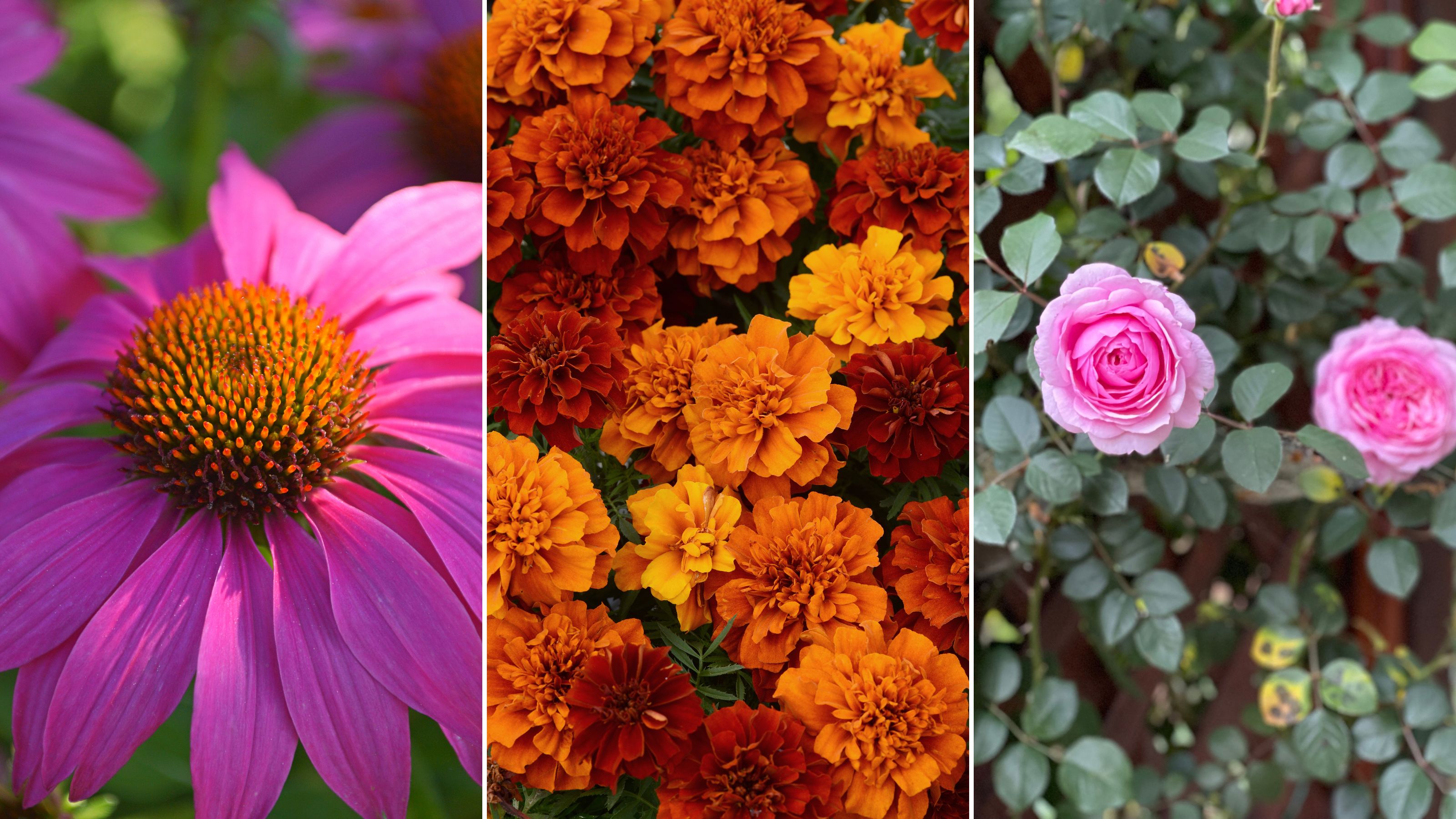 The 7 flowers to plant in August, according to gardening gurus
The 7 flowers to plant in August, according to gardening gurusKnowing what flowers to plant in August isn't always so clear-cut. But that's why we called in help from pro planters — here's what they said to pot.
By Becks Shepherd
-
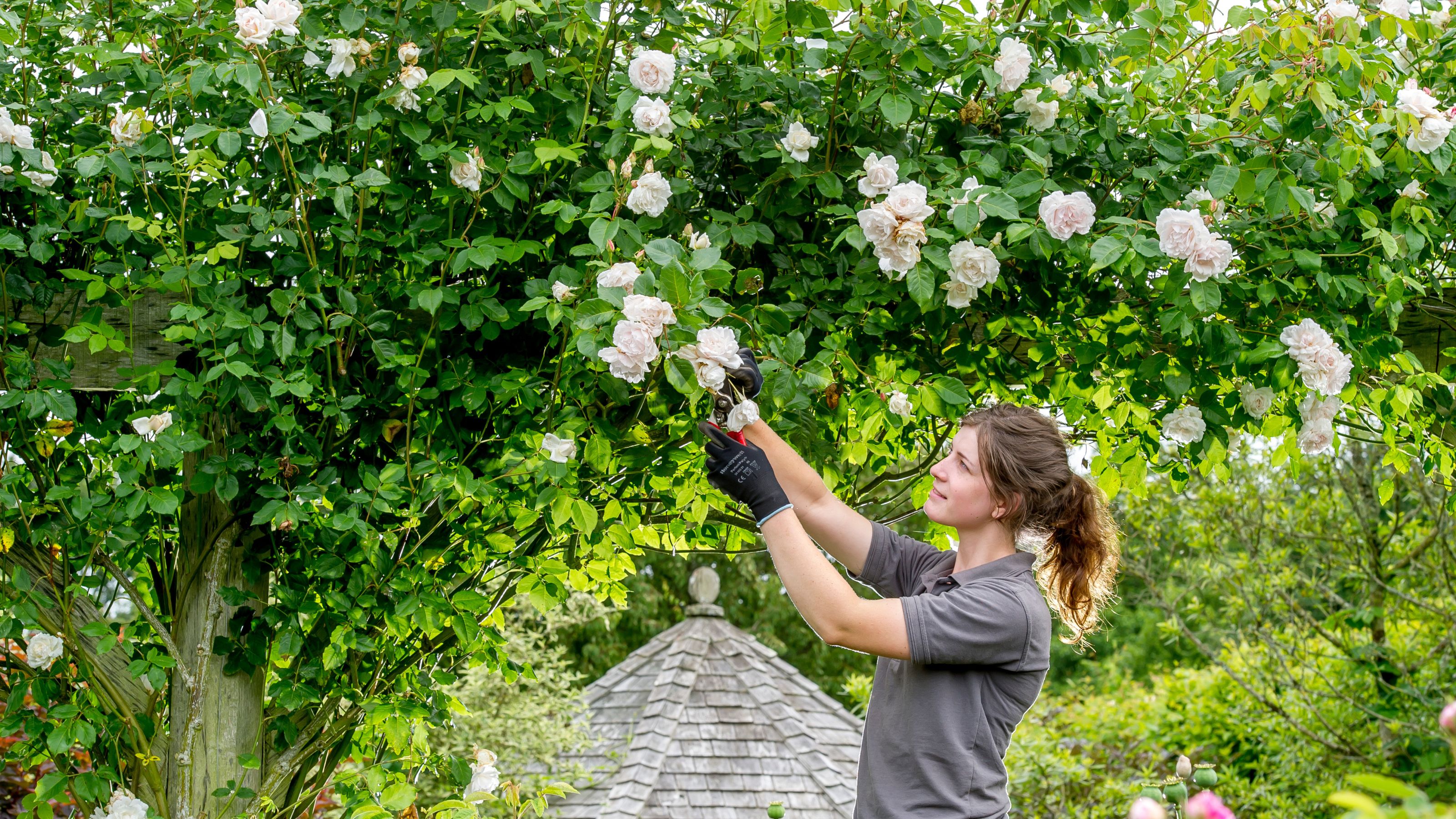 The 7 plants to prune in August — and the 2 pieces of greenery you shouldn't touch
The 7 plants to prune in August — and the 2 pieces of greenery you shouldn't touchWondering what plants to prune in August? We asked a gardening expert for their top tips plus info on what pieces of greenery to avoid pruning this month
By Becks Shepherd
-
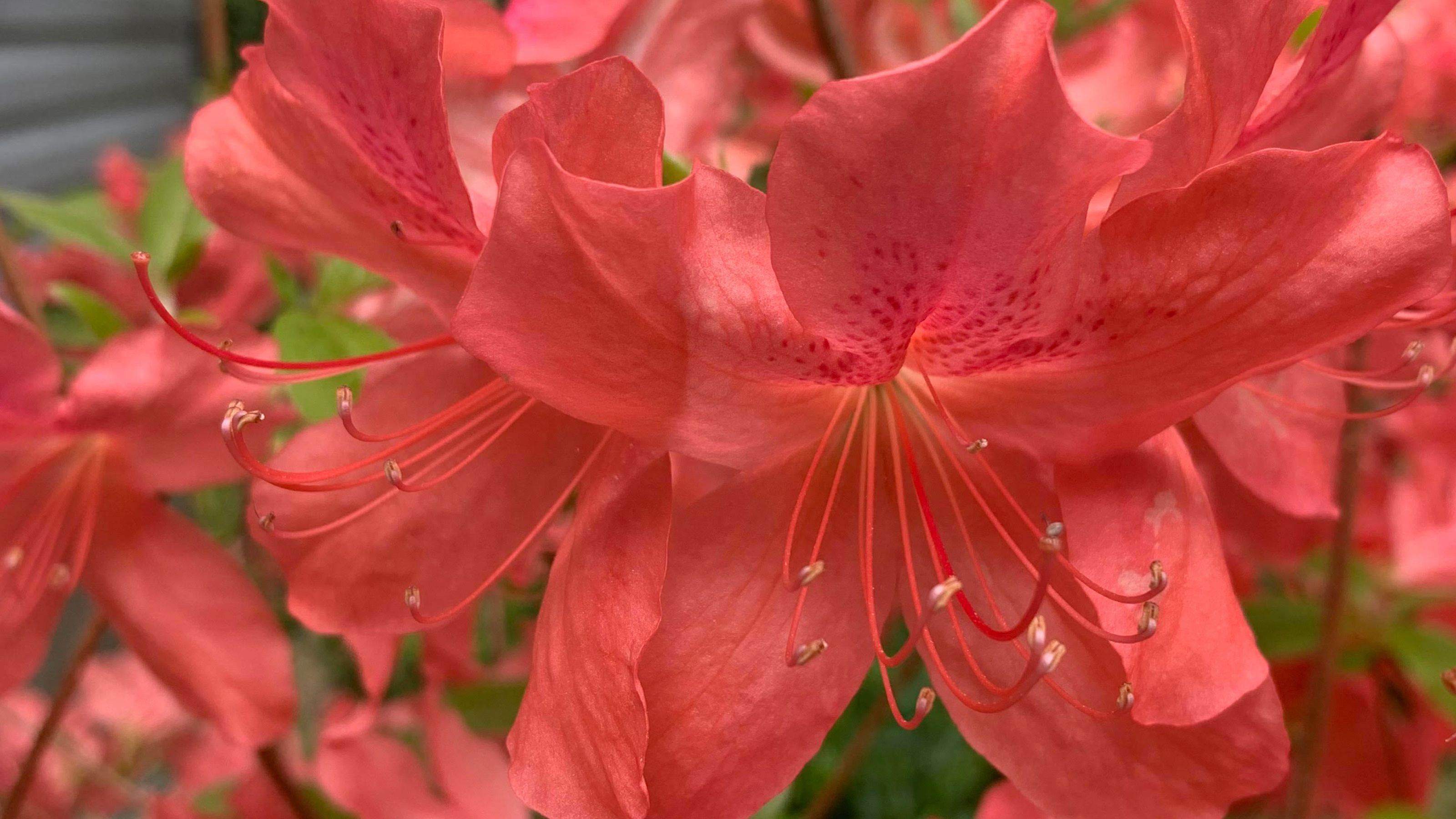 Do you need to deadhead azaleas? Top tips for pruning these flowering shrubs
Do you need to deadhead azaleas? Top tips for pruning these flowering shrubsWondering whether you need to deadhead azaleas? We asked a gardening expert for their top tips for looking after these blooms
By Becks Shepherd
-
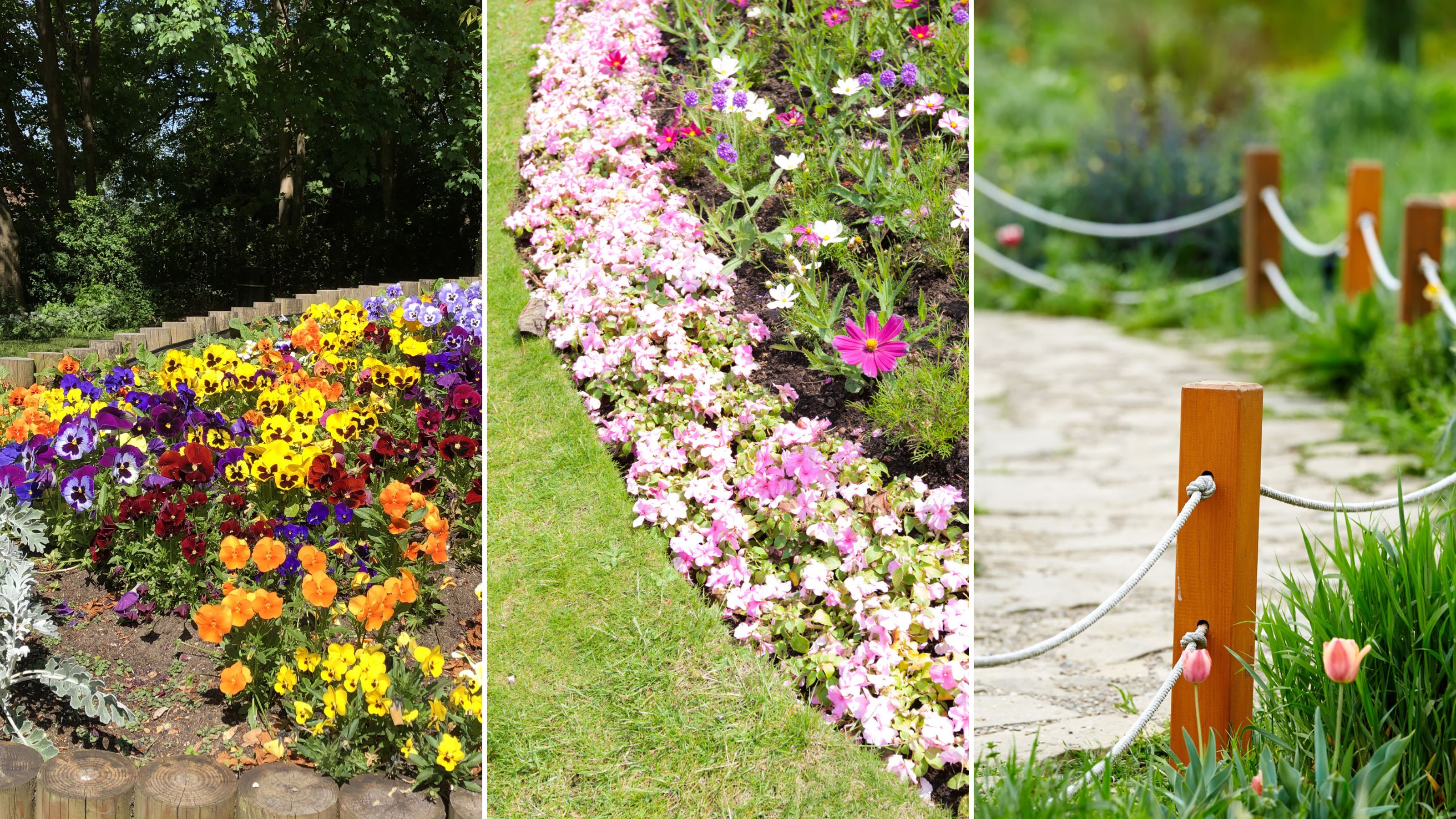 14 lawn edging ideas that will add definition and style to your backyard
14 lawn edging ideas that will add definition and style to your backyardWant to neaten up your lawn with lawn edging ideas? From fresh flowers to laidback bricks, we've scouted out materials and styles that look brilliant
By Eve Smallman
-
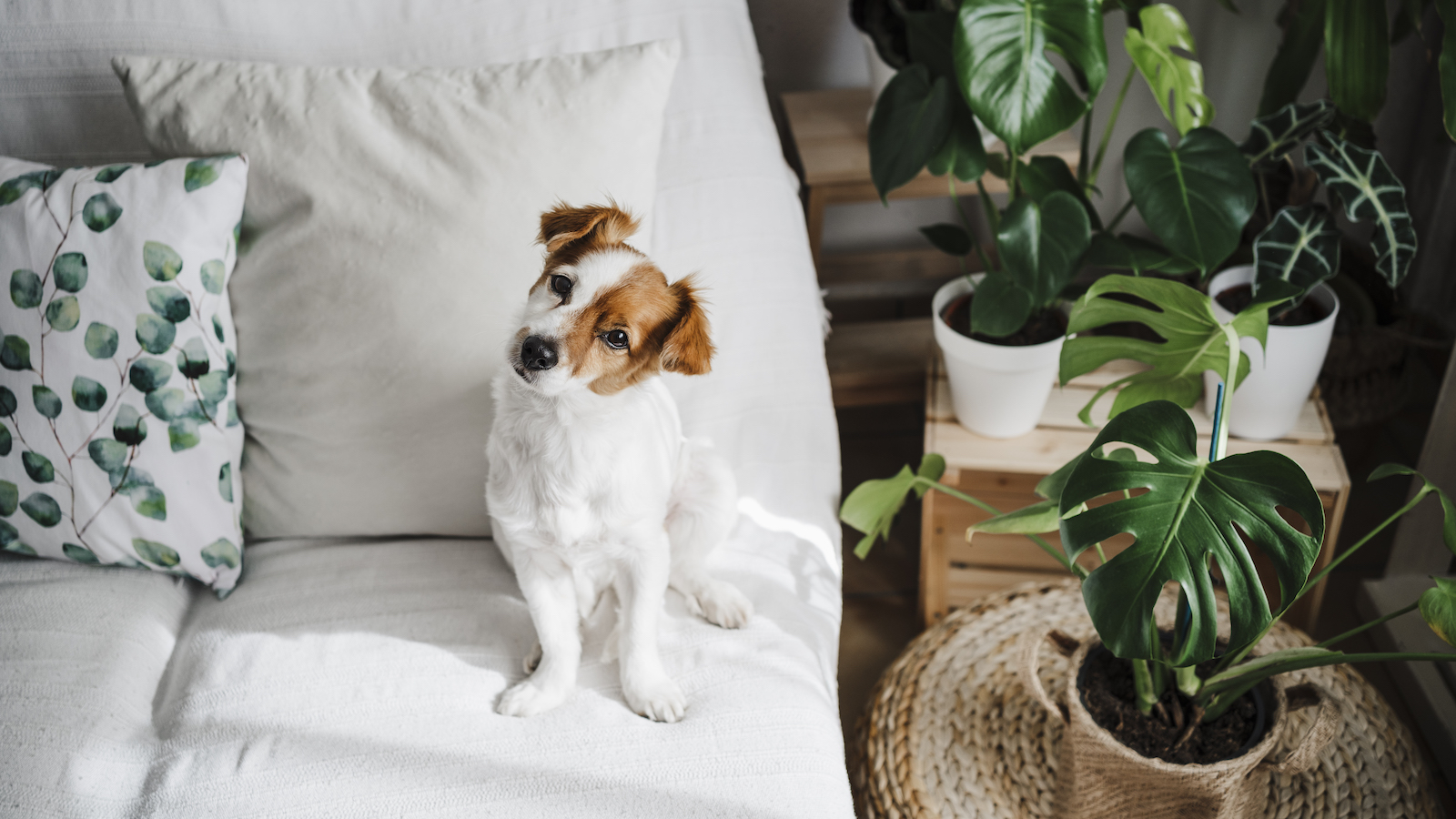 Which houseplants are toxic to dogs? Vet experts pinpoint problem plants and solutions
Which houseplants are toxic to dogs? Vet experts pinpoint problem plants and solutionsWondering Which houseplants are toxic to dogs? We spoke to vets about the problematic leafy greens, what they trigger in dogs, and how to find a solution
By Danielle Valente
-
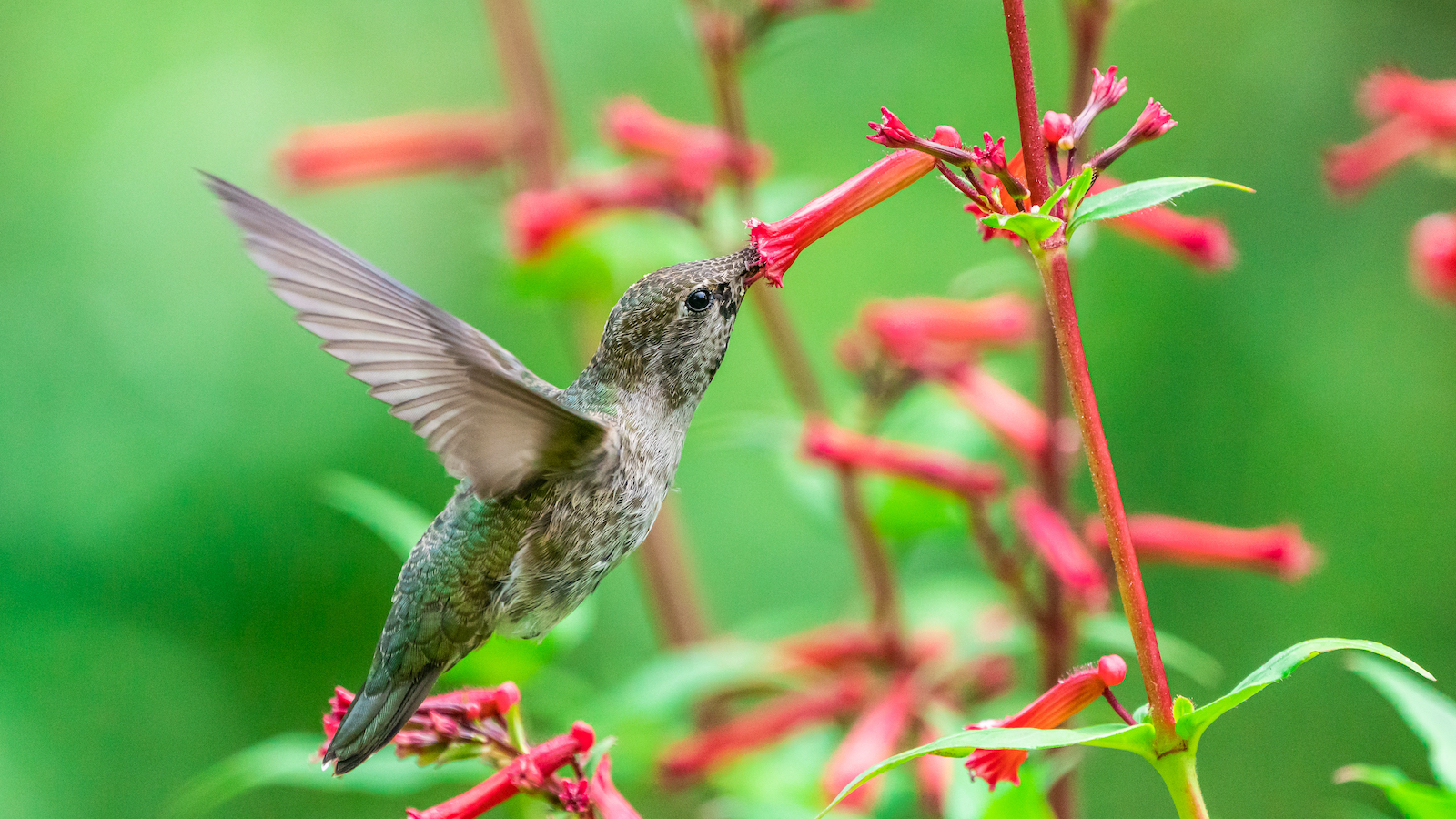 How to attract hummingbirds to your backyard, according to ornithologists
How to attract hummingbirds to your backyard, according to ornithologistsTrying to figure out How to attract hummingbirds to your backyard? These ornithologist-backed tips will guarantee you visitors in no time
By Danielle Valente
-
 Does hydrangea bloom every year? Pros spill the dirt on the "garden favorite" and when to expect it
Does hydrangea bloom every year? Pros spill the dirt on the "garden favorite" and when to expect itWondering, "Does hydrangea bloom every year"? We asked the pros all about the garden favorite and how often to expect them — here's the dirt.
By Danielle Valente
-
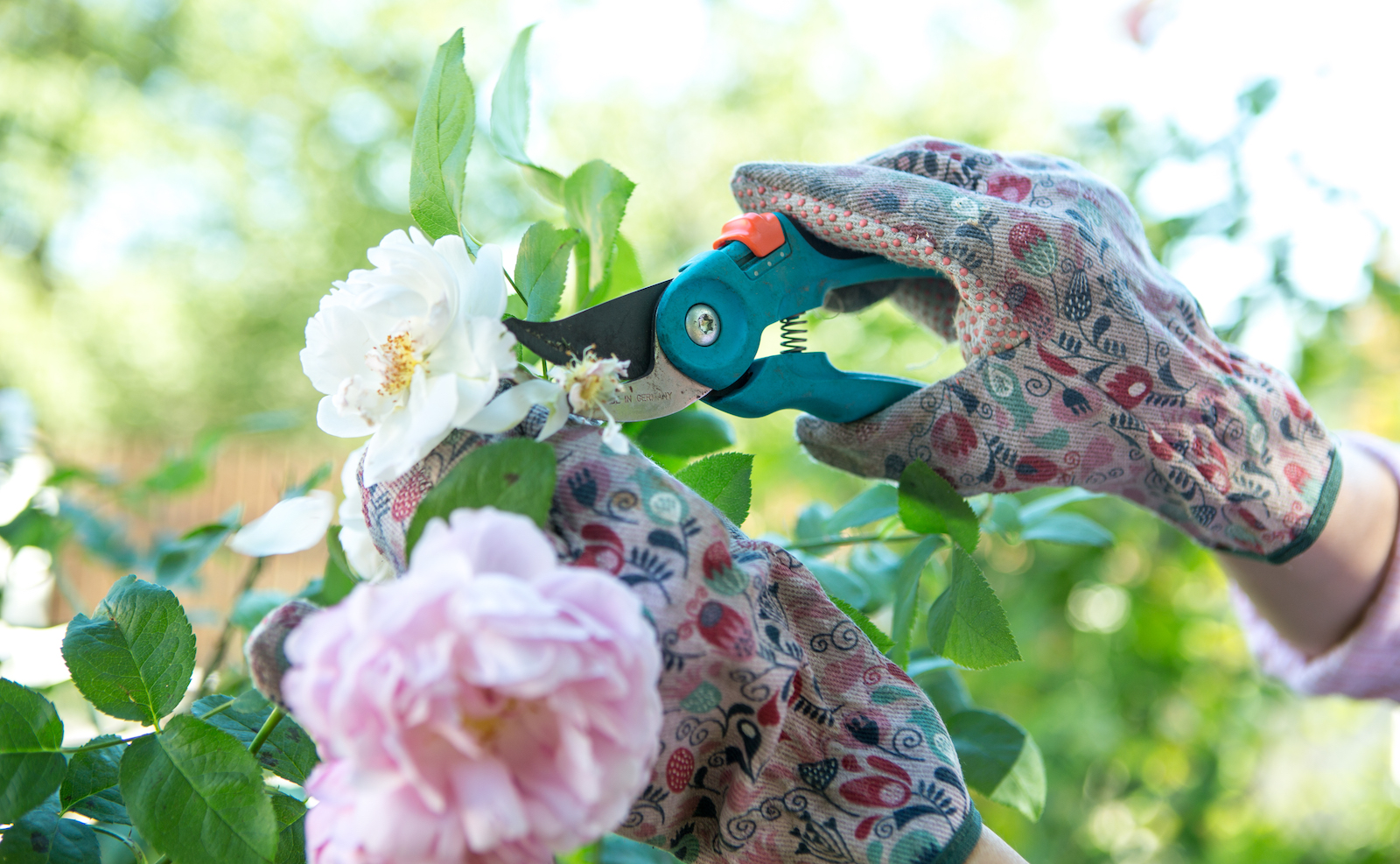 What to prune in spring — experts reveal how to get a lush, full garden
What to prune in spring — experts reveal how to get a lush, full gardenCurious what to prune in spring? We asked gardening experts for their top tips for a luscious, thriving garden
By Danielle Valente